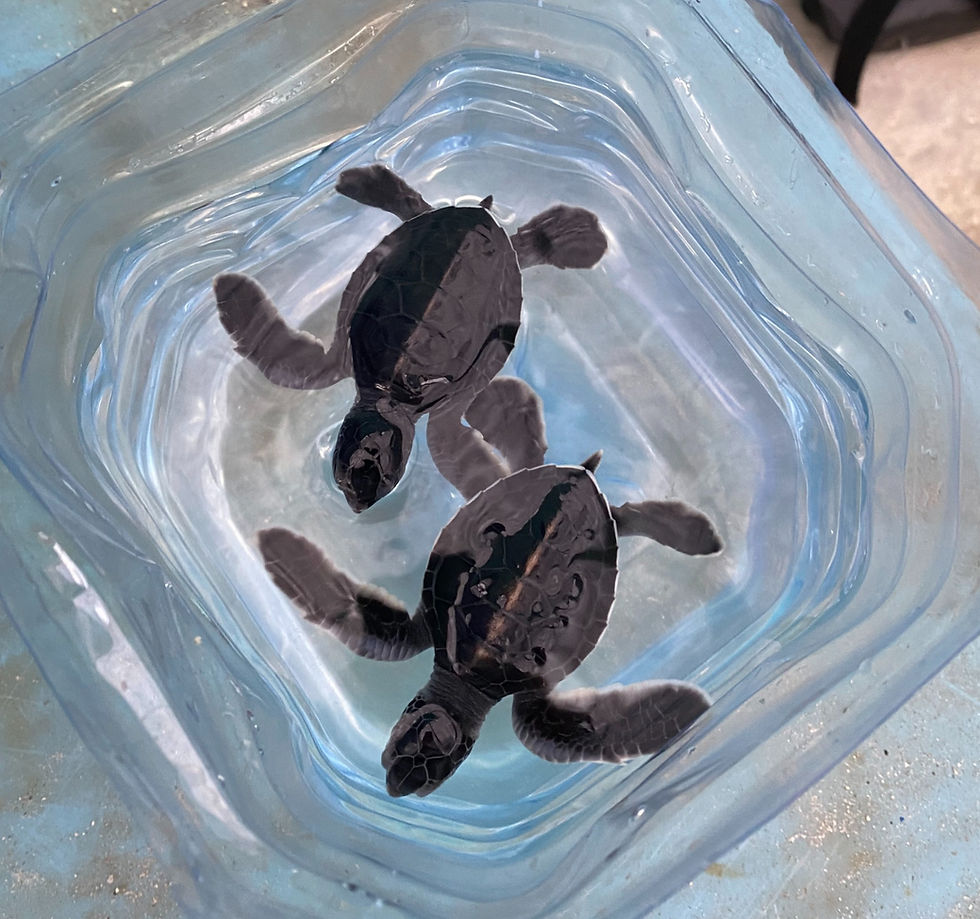Sea turtles are majestic creatures that have graced our oceans for millions of years. Their ancient lineage and graceful movements inspire awe and wonder. However, the allure of owning such a unique animal can sometimes lead to the misguided notion of keeping sea turtles as pets. It’s crucial to understand that sea turtles are wild animals with complex needs that cannot be met in a domestic setting. This article will delve into the reasons why keeping can you have a sea turtle as a pet is not only illegal but also deeply unethical.
This article will explore the legal and ethical implications of keeping sea turtles as pets, examine the complex needs these animals have, and highlight the risks associated with capturing them from the wild. We will also discuss the importance of supporting sea turtle conservation efforts to ensure their survival for generations to come.
Sea Turtles as Pets: Illegal and Unethical
The practice of keeping sea turtles as pets is illegal in most countries due to their protected status. Sea turtles are listed as endangered or threatened species under international conventions like CITES (Convention on International Trade in Endangered Species of Wild Fauna and Flora). This legal protection is in place to safeguard these vulnerable creatures from the devastating impacts of the pet trade.
Beyond the legal ramifications, keeping sea turtles as pets is fundamentally unethical. These animals are wild creatures that belong in their natural ocean habitat. Confining them to a tank or pool deprives them of the vastness and complexity of their natural environment, which is essential for their physical and psychological well-being.
Complex Needs of Sea Turtles

Sea turtles have highly specialized needs that cannot be replicated in a domestic setting. They require vast spaces to swim, access to clean and saltwater, and a specific diet that varies depending on their species.
Diet
Sea turtles are primarily herbivores or omnivores, feeding on a variety of marine plants, algae, jellyfish, and crustaceans. Replicating this diverse diet in captivity can be challenging and often requires specialized knowledge and resources.
Temperature and Salinity
Sea turtles are ectothermic, meaning they rely on external sources to regulate their body temperature. They require specific temperature ranges and water salinity levels to thrive. Maintaining these conditions consistently in a home aquarium can be difficult and expensive.
Socialization
Many sea turtle species are social animals that interact with each other in complex ways. Keeping a sea turtle in isolation can lead to stress, behavioral problems, and a shortened lifespan.
Risks to Wild-Caught Sea Turtles
Capturing sea turtles from the wild poses significant risks to their survival. The process of capturing and transporting them can be traumatic and stressful, leading to injuries and illness.
Habitat Destruction
The removal of sea turtles from their natural habitats disrupts the delicate balance of the ecosystem.
Disease Transmission
Wild-caught sea turtles can carry diseases that can be transmitted to other sea turtles in captivity, as well as to humans.
Specialized Care Requirements

Providing proper care for a sea turtle requires specialized knowledge, experience, and resources.
Veterinary Care
Sea turtles require regular veterinary checkups and specialized medical care. Finding a veterinarian experienced in treating sea turtles can be challenging.
Tank Maintenance
Maintaining a suitable environment for a sea turtle requires meticulous attention to water quality, temperature, and salinity.
Enrichment
Sea turtles need mental and physical stimulation to thrive. Providing them with enrichment activities, such as climbing structures and foraging opportunities, is essential.
Sea Turtle Conservation
Instead of considering can you have a sea turtle as a pet, we should focus our efforts on protecting these magnificent creatures in their natural habitats.
Supporting Conservation Organizations
Numerous organizations are dedicated to sea turtle conservation through research, education, and habitat protection.
Reducing Plastic Pollution
Plastic pollution is a major threat to sea turtles, as they often mistake plastic debris for food. Reducing our plastic consumption and properly disposing of plastic waste can help protect sea turtles.
Responsible Tourism
When visiting coastal areas, it’s important to choose tour operators that prioritize sea turtle conservation and avoid activities that disturb nesting beaches.
Conclusion
Keeping can you have a sea turtle as a pet is a harmful and unethical practice that should be avoided. These animals have complex needs that cannot be met in a domestic setting, and their capture from the wild poses significant risks to their survival. By understanding the importance of sea turtle conservation and supporting efforts to protect them in their natural habitats, we can ensure that these magnificent creatures continue to grace our oceans for generations to come.



